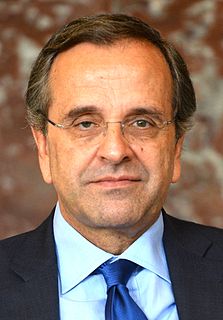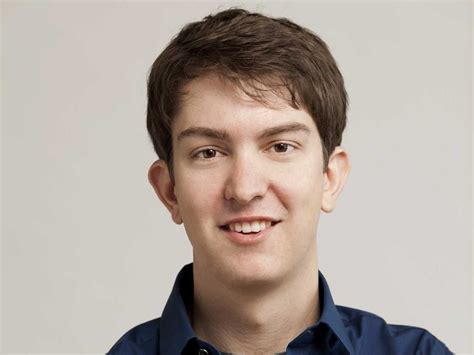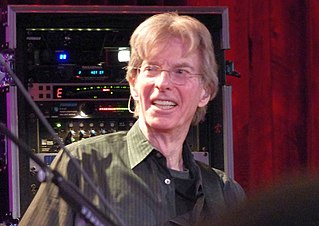A Quote by Thomas Carlyle
It is not a lucky word, this name impossible; no good comes of those who have it so often in their mouths.
Related Quotes
Liberty is a word which, according as it is used, comprehends the most good and the most evil of any in the world. Justly understood it is sacred next to those which we appropriate in divine adoration; but in the mouths of some it means anything, which enervate a necessary government; excite a jealousy of the rulers who are our own choice, and keep society in confusion for want of a power sufficiently concentered to promote good.
Word and worship belong indissolubly to each other. All worship is an intelligent and loving response to the revelation of God, because it is the adoration of His name. Therefore, acceptable worship is impossible without preaching. For preaching is making known the name of the Lord, and worship is praising the name of the Lord made known.
The decision to change the name meant we were getting serious, because we couldn't make a record if some other band had the same name as us.
I told the boys I was in a record store, thumbing though 45s, and I'd seen a record with the name the Warlocks on it. I've often wondered whether I hallucinated it, because I never saw the record again and I never heard a word about any band called the Warlocks.
We are in love with the word. We are proud of it. The word precedes the formation of the state. The word comes to us from every avatar of early human existence. As writers, we are obliged more than others to keep our lives attached to the primitive power of the word. From India, out of the Vedas, we still hear: On the spoken word, all the gods depend, all beasts and men; in the world live all creatures...The word is the name of the divine world.









































